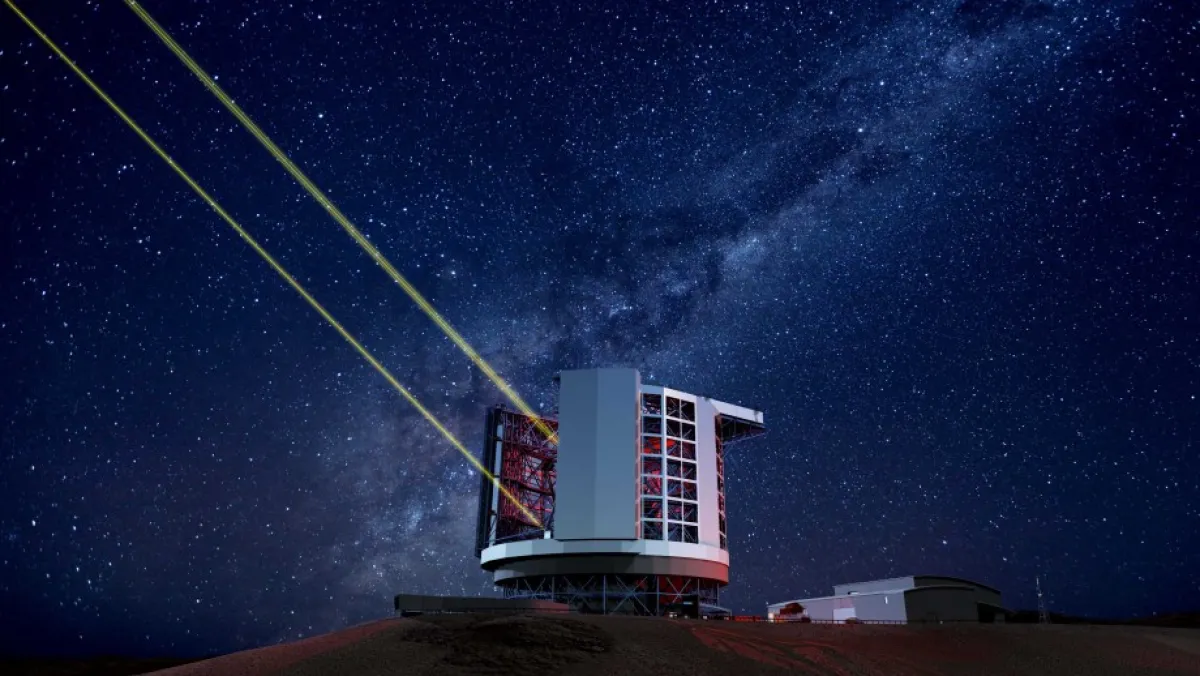Giant Magellan Telescope underway

The search for life on other planets has moved up a gear with the breaking of ground for construction of the Giant Magellan Telescope (GMT) on a remote mountain in the Chilean Andes.
"It is wonderful that we are now in a position to actually start construction. The GMT will be one of the most powerful scientific facilities of the 21st century," said Professor Matthew Colless, Director of the Research School of Astronomy and Astrophysics at ANU.
The GMT will enable astronomers to detect life on planets orbiting other stars. Its observations of faint stars and distant galaxies will also help astronomers understand the formation of galaxies and stars, and gain insight into dark matter and dark energy.
ANU is one of 11 international partners in the GMT project. Professor Colless and ANU Vice-Chancellor Professor Ian Young AO attended the ground breaking ceremony at Las Campanas Observatory in Chile's Atacama Desert.
The milestone keeps the project on track to begin operations in early 2021.
Housed in a dome 22 storeys high, the GMT will be the first of a new generation of enormous telescopes and will produce images 10 times better than the Hubble Space Telescope.
It will consist of seven mirrors, each 8.4 metres in diameter, which reflect light onto a secondary system made of flexible mirrors that will compensate for the distortion caused by the atmosphere, effectively taking the twinkle out of stars.
Interim President of the GMT Organisation, Dr Patrick McCarthy, said the hardest part of the project had been accomplished.
"An enormous amount of work has gone into the design phase of the project and development of the giant mirrors that are the heart of the telescope. We are looking forward to bringing the components of the telescope together on the mountain top," Dr McCarthy said.
Eleven international founders have committed over $500M towards the project.
The founders come from the United States, Australia, Brazil, and Korea, with Chile as the host country.
